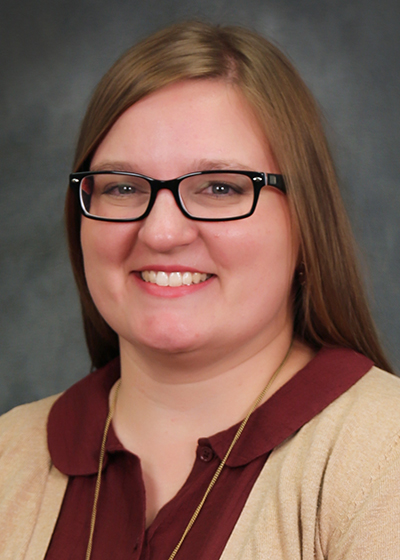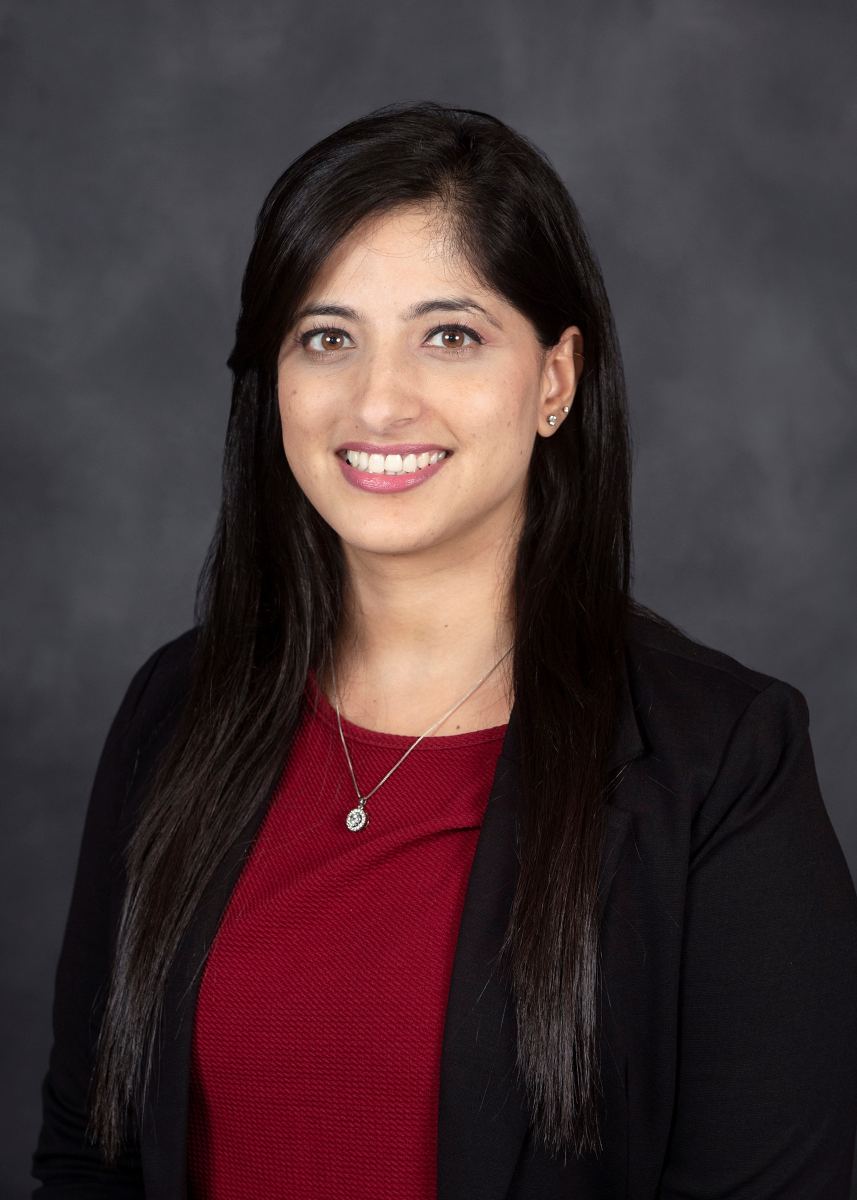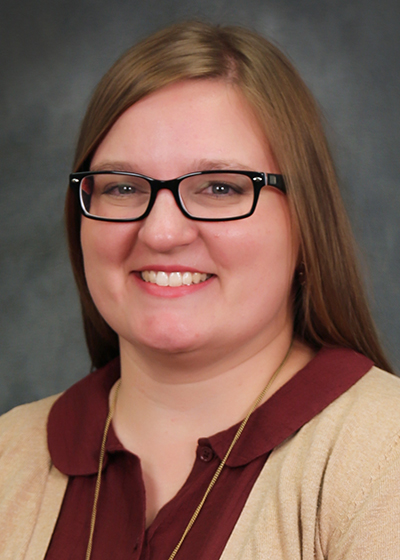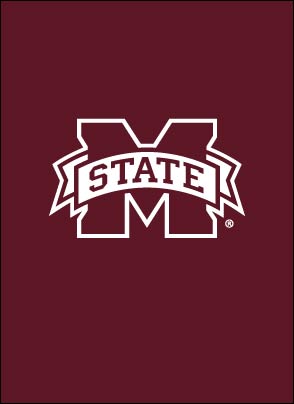Get Started on Your Online Degree Today!
Electrical Engineering is the most varied branch of engineering concerned with the design, development, and practical application of electrical devices and systems, and with the use of electrical energy. From cyber security, smart-phones, and robotics to satellite communications, renewable energy, and smart grid technologies, electrical engineers have found a way to create innovative connections and integrate these technologies into today’s lifestyle. The challenge of the future is limitless.
The curriculum in electrical engineering has a foundation based on the principles of the electrical and physical sciences and uses mathematics as a common language to facilitate the solution of engineering problems. The core curriculum consists of a sequence of courses in digital devices, circuits and electronics, electromagnetic field theory, and modern energy conversion. In the senior year, students have the opportunity to take additional course work in one or more technical areas that include telecommunications, electromagnetics, power systems, high voltage, feedback control systems, microelectronics, signal processing, and computer systems. This online Electrical Engineering program is accredited by the Engineering Accreditation Commission of ABET through our main campus as an alternative course delivery method. Supporting course work outside electrical engineering consists of a strong background in mathematics, physical sciences, computer programming, social sciences, fine arts, and humanities.
Computers are used extensively throughout the curriculum, and students are expected to become proficient in higher-order programming languages and several application software tools. In addition, the concept of design is stressed throughout the program to emphasize the problem-solving skills of the engineer through the introductory and capstone design courses.
Tuition & Fees
| Tuition per credit hour | $435.75 |
| Instructional Support Fee per credit hour | $25.00 |
Tuition and fees listed are subject to change and do not include all possible charges. Additional fees may apply. Please refer to the master class schedule for individual course charges.










